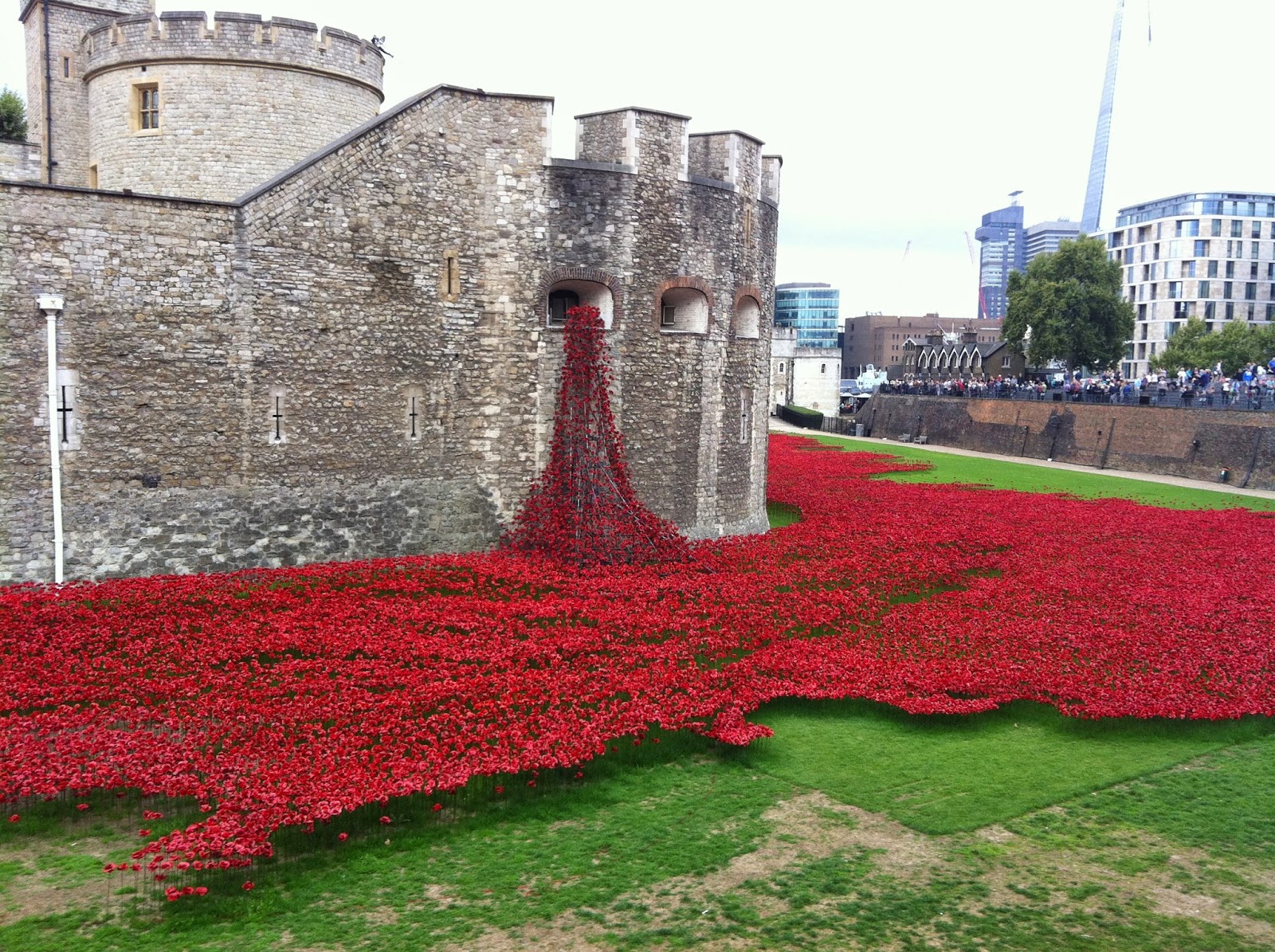We're currently drowning in cultural representations of the First World War.
Actually, no, a complaint probably isn't the best way to frame this.
(And I certainly wouldn't wish to align myself with the Michael Goves of this world!)
But it's the image which my mind immediately jumps for when I think about it. With the anniversary of the start of hostilities this year, it was inevitable that many people would wish to commemorate it in some way. And I don't wish to suggest that such work isn't worthwhile.
Quite apart from anything else, a friend has got his first television role as an actor in a BBC production which will be showing later this year.
Still, thinking specifically about the BBC project of which that drama is a part, a season of programming which is running over the next four years, the largest project the BBC has ever engaged in: there's something a little bit off about it isn't there? The huge resources, the attention paid to all aspects of the conflict (or the attempt to do so at any rate). Something about it puts me off.
It's partly to do with the way in which the First World War has been remembered. It's the suffering of the ordinary soldier in the trenches which has been made the central image of how the conflict has been memorialised. Too much attention on this central fact feels like it runs the risk of becoming prurient, of taking that experience for granted. There's a crucial aspect of respect which is found in any worthwhile representation of the First World War.
And the War is a major part of the culture of the last century anyway, as both subject and backdrop, that the extra, excessive attention being given to it now almost seems unnecessary. Poetry of the First World War was some of the first, grown up, poetry I ever encountered, at primary school. The conflict is now, incontrovertibly history - no one who fought in the trenches is still alive - and yet still it seems like a central event in the culture of the century which followed. It's why it still feels why the fight over how the conflict should be remembered still feels important. In comparison, the way in which the Second World War is memorialised feels as if it is far more settled. Not that there aren't arguments to be had over it, but they seem less central to it's representations. Where the first War has been defined and memorialised in terms of the suffering of ordinary soldiers in the trenches, the second has been defined as the defeat of an enemy, Nazi Germany, a victory of which few would challenge the justice. It's easier to see Second World War as a good or just war (however you wish to define, or question, such a term) than it is the First. Britain did eventually win the First World War, but the victorious battles haven't lasted in our cultural consciousness alongside the battles of which nobody 'won', achieving little more than a senseless loss of life.
I might well be wrong here of course, but assuming we can even imagine what the television culture of 2039 is going to look like, do we really imagine that the BBC will lavish such attention on the anniversary of the conflict we'll be remembering then? It will surely be remembered differently.
So something about it bothers me, even if I can't quite put my finger on what it is here. And even though I appreciate much of the work which is concerned with representing the War. So when my wife told me that she wanted to see the Tower of London ceramic poppy field when we were down in London a few weeks ago, my initial reaction was rather dismissive. It felt gimmicky, precisely the kind of memorialising I would prefer to avoid.
Anyway, I was wrong. It's utterly magnificent. It shouldn't work, yet somehow, faced with the reality, these massed ranks of delicate, beautiful works of art, it achieves something extraordinary. The meaning is obvious: the tension between the delicacy of the ceramic poppies - so much more delicate than a real flower - and the heavy destructiveness of the machinery that destroyed the bodies of so many millions. That it's obvious does nothing to diminish it's power.
Photographs can't really do it justice. It has to be seen.




No comments:
Post a Comment